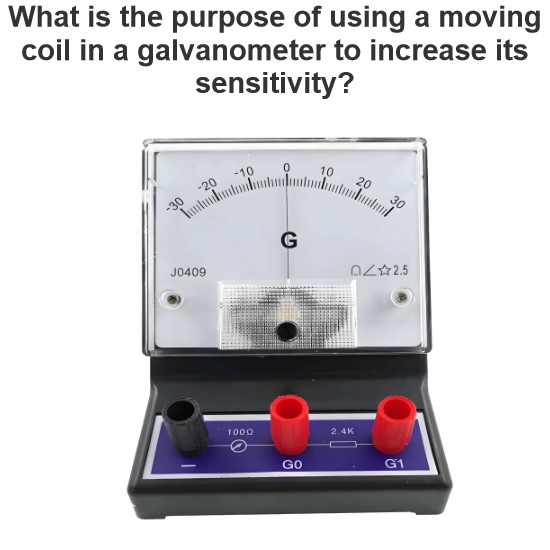What's the effect of poor electrical earthing on energy bills?
Poor electrical grounding can have certain impacts on electricity bills, although these effects may not be as direct and noticeable as other factors such as equipment efficiency and usage habits. Here are some possible impacts and their causes:
1. Increased Energy Consumption
Causes:
Leakage Currents: Poor grounding can lead to leakage currents, which return to the power source through unintended paths, resulting in unnecessary energy consumption.
Voltage Fluctuations: Poor grounding can cause voltage fluctuations, making electrical devices operate suboptimally and increasing energy consumption.
Result:
Increased energy consumption will be reflected in the electricity bill, leading to higher costs.
2. Risk of Equipment Damage
Causes:
Failure of Overvoltage Protection: Poor grounding can affect the proper functioning of overvoltage protection devices, making equipment more susceptible to damage from voltage surges and transients.
Electromagnetic Interference (EMI): Poor grounding can increase electromagnetic interference, affecting the normal operation of electronic devices.
Result:
Equipment damage or failure can lead to additional repair or replacement costs, indirectly affecting electricity bills. For example, damaged equipment may operate less efficiently and consume more power.
3. Safety Hazards
Causes:
Electric Shock Risk: Poor grounding increases the risk of electric shock, potentially causing injury or death.
Fire Hazard: Poor grounding can cause circuits to overheat, increasing the risk of fire.
Result:
Safety incidents can result in personal injury and property damage, leading to increased insurance costs, which can indirectly affect electricity bills.
4. Decreased Power Quality
Causes:
Harmonic Pollution: Poor grounding can lead to increased harmonic pollution, degrading power quality.
Three-Phase Imbalance: Poor grounding can cause three-phase imbalance, affecting the operation of three-phase equipment.
Result:
Decreased power quality can impact the efficiency and lifespan of equipment, increasing energy consumption and leading to higher electricity bills.
5. Measurement Errors
Causes:
Current Transformers and Voltage Transformers: Poor grounding can affect the accuracy of current transformers and voltage transformers, leading to inaccurate meter readings.
Meter Malfunction: Poor grounding can cause meter malfunction, preventing accurate recording of electricity usage.
Result:
Inaccurate meter readings can lead to incorrect electricity bills, sometimes resulting in higher charges.
Summary
While poor electrical grounding does not directly cause a significant increase in electricity bills, it can indirectly affect them through increased energy consumption, risk of equipment damage, safety hazards, decreased power quality, and measurement errors. Therefore, ensuring good grounding in electrical systems is crucial for improving system safety and reliability and effectively controlling electricity costs. If you suspect poor grounding in your home, it is recommended to have a professional electrician inspect and repair the system.
The Electricity Encyclopedia is dedicated to accelerating the dissemination and application of electricity knowledge and adding impetus to the development and innovation of the electricity industry.




